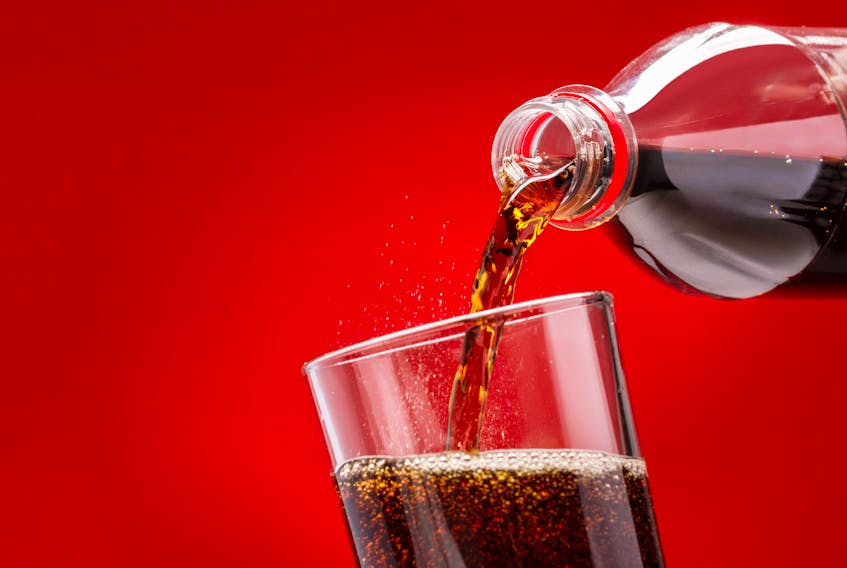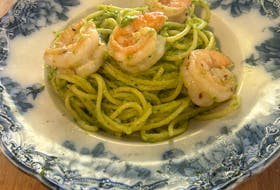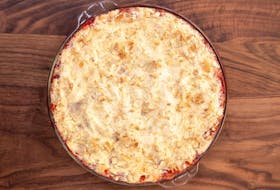Is diet soda good for you?
As Dr. Scott Harding explains, coming up with a definitive answer can be "tricky."
An assistant professor of nutritional biochemistry at Memorial University of Newfoundland, Harding says the one thing virtually everybody agrees on is that water is the best alternative to quench any thirst.
"If you are thirsty, it is your body telling you it needs more water," he said.
While Health Canada does not have an official recommendation on how much water Canadians should consume in a day, the Mayo Clinic south of the border does recommend about 15.5 cups (3.7 litres) of fluids a day for men and about 11.5 cups (2.7 litres) of fluids a day for women.
For most people, approximately 20 per cent comes from food, and the rest should be consumed by drinking - the recommendation most often bandied about is between seven to eight cups a day.
Just like water, diet soda usually contains no calories - as opposed to regular soda, which typically contains in the range of 15-200 calories.
Harding explained the typical person requires in the range of 2,000 calories per day but many people consume much more than that -often in the range of 3,000-plus, "which is way more than your body needs unless you are doing extreme physical labour," he says.
"If you are drinking one or two regular soft drinks a day, if you switch to a drink that is calorie-free, those are calories that can be eliminated from your diet with little effort," he explained.
Artificial sweeteners

However, there is considerable debate within the research community over whether diet soda will indeed bring about the promised health benefits. Dr. Jennifer Taylor says the debate centers around the role of artificial sweeteners, which are the sugar substitutes in diet soda.
Taylor is the director of the integrated dietetic internship and master of the applied health services research program. She's also a professor in the Department of Applied Human Sciences at the University of Prince Edward Island.
Taylor has followed the debate on the role of artificial sweeteners for some time and notes the research is far from uniform in its conclusions.
"Some of the research on the possible negative impacts of artificial sweeteners is quite dated," noted Taylor.
She points instead to a recent paper by researchers in the Netherlands, published earlier this year, which suggests artificial sweeteners have either a positive or no impact when it comes to health benefits. The earlier research was based on the assumption the human body had trouble distinguishing calorie-free sweeteners from actual sugar.
How sweeteners work

When sugar is consumed, our brains send a signal to the pancreas to start producing insulin, so the sugar molecules can be stored in cells for energy. With diet drinks, that sugar load never arrives, and some studies have suggested that could help cause metabolic syndrome which can cause such medical conditions as obesity, high blood pressure, and high blood sugar - increasing the risk of diabetes, heart disease, and stroke.
Taylor points out the Netherlands study concludes artificial sweeteners are metabolized differently from each other.
The study states, "Therefore, the difference in metabolic fate of artificial sweeteners may underlie conflicting findings that have been reported related to their effects on body weight control, glucose homeostasis, and underlying biological mechanisms. Thus, extrapolation of the metabolic effects of a single artificial sweetener to all artificial sweeteners is not appropriate."
The Netherlands researchers point out there have been many studies on rodents to assess the metabolic effects of artificial sweeteners, but "long-term studies in humans are scarce."
While the Dutch researchers argue, "The majority of clinical studies performed thus far report no significant effects or beneficial effects of artificial sweeteners on body weight and glycemic control," they also point to a need for additional research, noting most studies are only of short-term duration.
Taylor agrees with the conclusion that different sweeteners act in different ways and must be studied differently.
She points out that the research continues to evolve and it may be some time yet before a definitive answer on the role played by artificial sweeteners is determined.
In the meantime, she says, major soft drink companies like Coca Cola and Pepsi continue to pivot. Both companies have their own lines of bottled and flavoured water now.
Diet versus regular
Harding says that while the research doesn't fall under his area of expertise, he has no trouble recommending diet soda in moderation. He notes that some people don't like to drink multiple glasses of water per day, and switching to diet soda may be a good intermediate step for them.
"You are not going to be getting the 150-200 calories that are in regular soda," he said. "A significant percentage of the population of Atlantic Canada is overweight, and any calories you can eliminate is going to be a good thing."
Both he and Taylor agreed water should always be the first drink of choice.
"If you are not getting enough water, your body will let you know. There is nothing in diet soda your body needs except the water in it," he adds.









